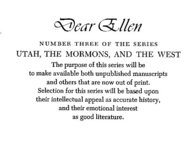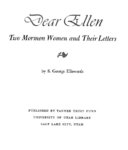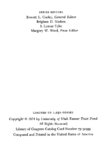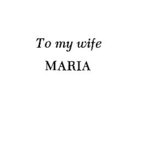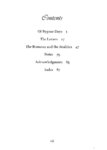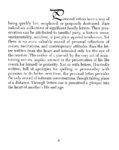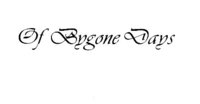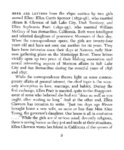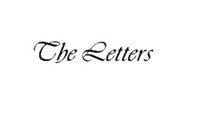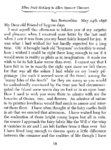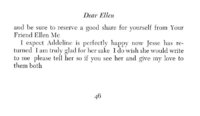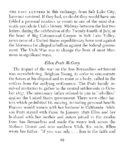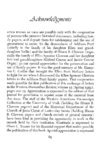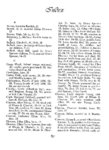| Identifier |
Dear_Ellen |
| Title |
Dear Ellen: Two Mormon Women and Their Letters |
| Creator |
Ellsworth, S. George |
| Subject |
Clawson, Ellen Spencer, 1832-1896; McGary, Ellen Pratt, 1832-1895 |
| Subject Local |
Letters; Mormon Pioneers; Mormon History |
| Description |
The text of personal letters between Ellen Spencer Clawson and Ellen Pratt McGary written in 1856 through 1857. Publication of these letters also in "Western Humanities Review", volume 13, Spring 1959. |
| Publisher |
Tanner Trust Fund University of Utah Library, Salt Lake City, Utah. |
| Contributors |
Series Editors: Cooley, Everett L.; Madsen, Brigham D.; Tyler, S. Lyman; Ward, Margery W. |
| Date |
1974 |
| Type |
Text |
| Format |
application/pdf |
| Source |
"Dear Ellen: two mormon women and their letters" |
| Language |
eng |
| Relation |
Is part of: Utah, The Mormons, and the West, no. 3 |
| Coverage |
1832-1896 |
| Rights Management |
University of Utah, Copyright 2001 |
| Holding Institution |
University of Utah, J. Willard Marriott Library |
| Source Physical Dimensions |
14.5 cm x 22.75 cm |
| Source Characteristics |
Printed Hard Cover Book |
| Light Source |
Epson 860XL cold cathode tube |
| Scanning Device |
Epson 860XL flatbed scanner |
| Resolution |
400dpi |
| Bit Depth |
8 bit greyscale |
| Scanning Technician |
Clifton Brooks |
| Call Number |
BX 8695 C29 E44 |
| ARK |
ark:/87278/s6p84b4x |
| Topic |
Mormon pioneers; Letters |
| Setname |
uum_ttb |
| ID |
329271 |
| Reference URL |
https://collections.lib.utah.edu/ark:/87278/s6p84b4x |

